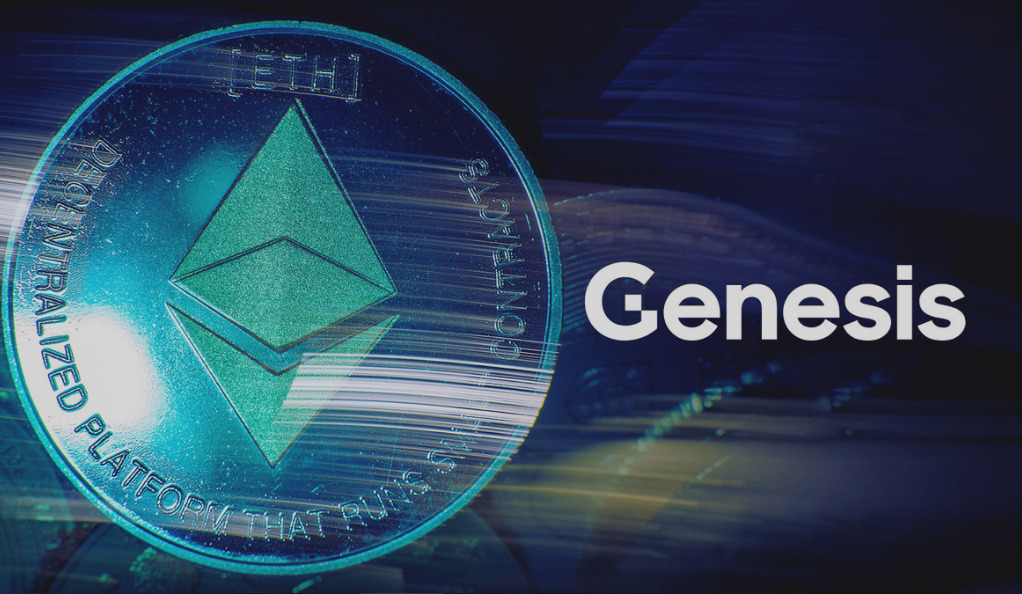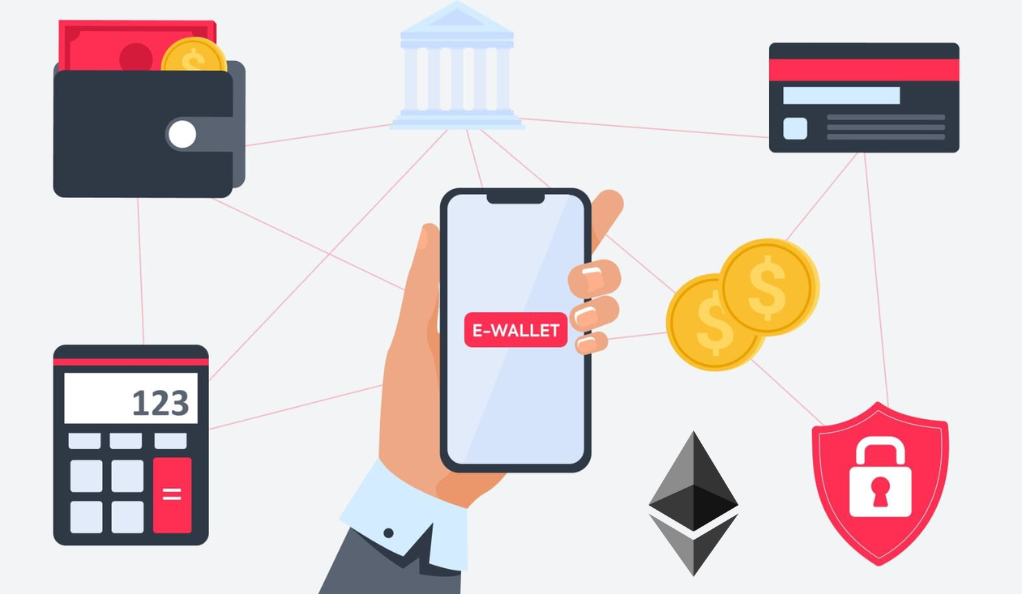Diving into the world of cryptocurrencies can be both exhilarating and overwhelming. With countless coins, technologies, and platforms, it’s crucial to find a reliable guide. This comprehensive walkthrough focuses on the Ethereum platform, providing newcomers with an insightful journey into its functionalities and utilities.
Introduction to Cryptocurrencies
What are Cryptocurrencies?
Cryptocurrencies are digital or virtual currencies that use cryptography for security, making them resistant to counterfeit. Unlike traditional currencies, they are decentralized and operate on a technology called blockchain, which is essentially a distributed ledger. This technological shift is enabling people to have full control over their money, independent of traditional banks or financial institutions.
Why Are They So Popular?
The rise of cryptocurrencies can be attributed to several factors. Their decentralized nature means that they are not under the control of governments or financial institutions, allowing for more financial freedom. Additionally, in some cases, transactions can be faster and cheaper than traditional methods. The potential for significant profit, given the volatile nature of crypto markets, has also attracted a vast number of investors and speculators.
Delving Deeper: Ethereum
Ethereum’s Genesis

Founded by a group of experts led by Vitalik Buterin, Ethereum was proposed in late 2013 and development was crowdfunded in 2014. Unlike other cryptocurrencies, Ethereum was not just designed as a digital currency. Instead, its primary purpose is to serve as a platform where decentralized apps (DApps) can be built and run without any downtime, fraud, or interference from a third party.
How Ethereum Differs From Bitcoin
At a fundamental level, while Bitcoin was created as an alternative to regular money, aiming to be a medium of exchange and a store of value, Ethereum was developed as a platform to facilitate immutable, programmatic contracts, and applications via its currency. This difference has given rise to various applications of the Ethereum blockchain, making it a major player in the world of decentralized finance.
- Smart Contracts: A smart contract is a self-executing contract where the terms of agreement or conditions are embedded in the code. They are stored on the blockchain, ensuring they cannot be changed, and execute themselves when the conditions are met. In simpler terms, it’s like a vending machine: you put in the required amount, select a product, and the machine automatically gives you your chosen item.
- Ether vs. Bitcoin: While Bitcoin is primarily a currency, Ether serves two purposes. It can be traded as a digital currency like Bitcoin and is also used inside Ethereum to run applications and monetize work. Therefore, it’s not just an investment or a store of value; it’s fuel for the decentralized apps within the network.
Buying Your First Ethereum

Choose a Reliable Exchange
The first step in acquiring Ethereum or any other cryptocurrency is through an exchange. Exchanges are platforms where you can buy or sell cryptocurrencies. There are numerous exchanges, each with its set of features, security measures, fees, and supported coins. Research is paramount to select an exchange that best fits your needs.
Creating a Digital Wallet
Digital wallets are tools that allow you to store and manage your cryptocurrencies. It is essential to differentiate between hot wallets (connected to the internet, like those on exchanges or apps) and cold wallets (offline storage, like hardware wallets or paper wallets). Depending on your needs and the amount of cryptocurrency you own, you might opt for one over the other.
Storing Ethereum Safely
Hardware Wallets
Hardware wallets are physical devices that store a user’s private keys securely, offline. They are considered one of the safest options since they are immune to online hacking attempts. When you want to make a transaction, you simply connect your hardware wallet to a computer, phone, or tablet. The most popular models are Ledger and Trezor.
Software Wallets
These wallets are digital applications available for desktop or mobile. While they offer more convenience than hardware wallets, they are connected to the internet, making them more susceptible to hacks. Regular updates and strong security practices, such as two-factor authentication, are vital for software wallets.
Essential Safety Tips
Avoiding Scams
In the world of digital currencies, scams and fraudulent schemes are rampant. They range from phishing emails, fake exchanges, to Ponzi schemes. It’s essential to always double-check URLs, be wary of unbelievable offers, and do thorough research before making any investment or transaction.
Securing Your Investments
Beyond scams, ensuring the security of your crypto holdings is paramount. Always use strong, unique passwords and never share them. Consider using password managers to keep track. Furthermore, enable two-factor authentication wherever possible, and always be cautious of where and how you access your digital wallets, especially on public Wi-Fi networks.
Conclusion
Navigating the realms of cryptocurrencies and specifically Ethereum requires careful attention to detail and a thirst for knowledge. It’s an ongoing learning experience, with the crypto world continuously evolving. As a beginner, always prioritize understanding and safety, ensuring that your journey in the crypto space is both enlightening and secure.
FAQs
Ethereum focuses on running decentralized applications, whereas Bitcoin is primarily a digital currency.
You can use hardware wallets like Ledger Nano S or software wallets, but always ensure to keep backups and use strong security measures.
A self-executing contract with the terms directly written into lines of code on the Ethereum platform.
It varies by country. Some have embraced it, while others have restrictions or bans. Always check local regulations.
No, Ethereum is the platform, while Ether is the cryptocurrency used within the Ethereum network.